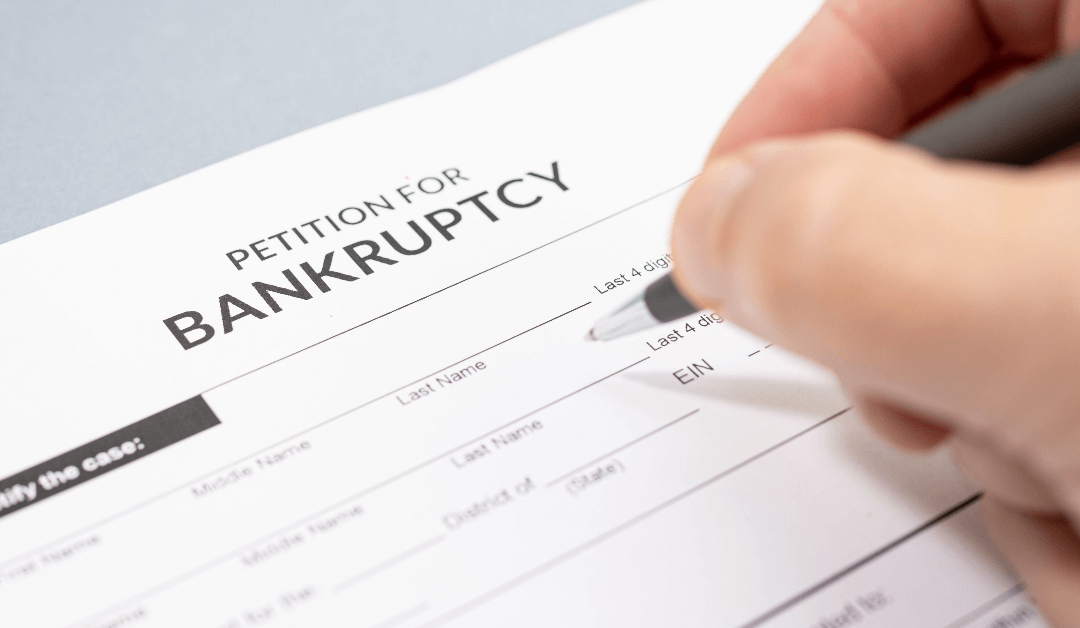In times of economic distress, having the right guidance can make all the difference. This is where a bankruptcy attorney in Miami, like those at Arturo R. Alfonso P.A., steps in to help you regain control of your financial future. Navigating the complexities of bankruptcy can be a daunting task. Still, with the expertise of a skilled attorney from our team, you can unlock the opportunities for a much-needed financial rebirth.
Whether you’re an individual or a business owner, our local bankruptcy attorney brings in-depth knowledge of Miami’s specific laws and regulations. We tailor solutions to suit your unique circumstances. Discover the path to financial resilience today with the support of a reliable bankruptcy attorney from Arturo R. Alfonso P.A.
Miami’s Unique Economic Landscape
Miami is a vibrant and diverse city, attracting entrepreneurs, businesses, and individuals worldwide. While the city’s thriving economy offers numerous opportunities, it presents distinct financial challenges. As an international business hub, Miami’s economic landscape is dynamic and can be impacted by global factors beyond an individual or business owner’s control. Financial setbacks can occur in a competitive environment, leading to overwhelming debt situations.
The Bankruptcy Process Simplified
Filing for bankruptcy can be daunting and overwhelming, as it involves complex legal procedures and financial considerations. It is where a skilled bankruptcy attorney becomes an invaluable resource. These legal professionals specialize in bankruptcy law and deeply understand federal and state regulations and local Miami-specific laws that may apply.
At Arturo R. Alfonso P.A., our seasoned attorneys strive to make the bankruptcy process simplified. Furthermore, we provide guidance and support, ensuring all necessary paperwork is completed accurately and on time. From understanding the eligibility criteria for different bankruptcy chapters to evaluating the best course of action, our Miami bankruptcy attorney can alleviate the stress and confusion associated with the process.
Why a Miami-Specific Bankruptcy Attorney Matters?
While any bankruptcy attorney can handle cases regardless of location, choosing a bankruptcy attorney in Miami can offer unique advantages. These local attorneys have an in-depth understanding of Miami’s economic landscape and the intricacies of its bankruptcy courts. They are well-versed in local bankruptcy trustees’ and judges’ preferences and tendencies, allowing them to tailor their approach to maximize their clients’ chances of a successful outcome.
Moreover, Miami-specific bankruptcy attorney are familiar with the city’s financial and business environment. They can offer valuable insights into how bankruptcy may impact an individual’s or business’s future financial prospects in Miami. Clients can gain a competitive edge in pursuing financial resilience by choosing an attorney with this localized expertise.
Real-life Turnarounds
Many individuals and businesses have found hope and financial recovery through the support of a Miami bankruptcy attorney. These legal experts have successfully helped clients navigate bankruptcy’s complexities by providing personalized advice and strategic planning.
Clients have shared stories of how a bankruptcy attorney in Miami helped them identify the most suitable bankruptcy chapter for their unique situation. Chapter 7 or liquidation bankruptcy may be appropriate for individuals with significant unsecured debts. On the other hand, Chapter 13 bankruptcy, or reorganization bankruptcy, can be a viable option for those with a steady income seeking to restructure their debts and create a more manageable repayment plan.
Navigating the Two Main Bankruptcy Chapters
A Miami bankruptcy attorney can explain these chapters’ differences and help clients understand their implications. Chapter 7 and Chapter 13 are the two main bankruptcy chapters that individuals and businesses commonly utilize. They can assess their client’s financial circumstances and goals to determine the most appropriate action.
Chapter 7 Bankruptcy
Chapter 7 bankruptcy, often called “liquidation bankruptcy,” is designed to provide a fresh start for individuals and businesses burdened with overwhelming debt and limited means to repay it. In a Chapter 7 bankruptcy, a court-appointed trustee takes control of the debtor’s non-exempt assets, liquidates them, and uses the proceeds to repay creditors. However, not all assets are subject to liquidation, and certain exemptions can protect essential property, such as a primary residence and personal belongings.
Key points about Chapter 7 bankruptcy:
- Eligibility: To qualify for Chapter 7 bankruptcy, individuals must pass the “means test,” which assesses their income level and ability to repay debts. If a debtor’s income is below the state median or their disposable income falls within specific guidelines, they are generally eligible for Chapter 7.
- Discharge of Debts: Once the liquidation process is complete, the debtor is granted a discharge, which releases them from personal liability for most debts included in the bankruptcy filing. Some debts, such as student loans, tax debts, and certain other obligations, may not be dischargeable.
- Timeline: Chapter 7 bankruptcy is generally faster than Chapter 13, typically lasting around three to six months from the initial filing to the discharge.
Chapter 13 Bankruptcy
Chapter 13 bankruptcy, also known as “reorganization bankruptcy” or “wage earner’s plan,” allows individuals with regular income to develop a court-approved repayment plan to reorganize and repay their debts over three to five years. Unlike Chapter 7, Chapter 13 does not involve liquidating assets.
Key points about Chapter 13 bankruptcy:
- Eligibility: Chapter 13 bankruptcy is available to individuals with a reliable source of income and unsecured debts below a certain limit (as of my last update, the limit for unsecured debts was approximately $419,275, and secured debts were capped at approximately $1,257,850).
- Repayment Plan: Debtors proposing a Chapter 13 plan must demonstrate their ability to make regular payments to the bankruptcy trustee based on their disposable income. The plan typically prioritizes secured debts (e.g., mortgages, car loans) and may provide for partial or complete repayment of unsecured debts, such as credit card debts and medical bills.
- Debt Discharge: At the end of the repayment plan, assuming the debtor has made all required payments, any remaining eligible unsecured debts may be discharged.
Conclusion
Facing overwhelming debts and financial challenges in Miami can be tough. In such cases, seeking the counsel of a specialized bankruptcy attorney in Miami, like those at Arturo R. Alfonso P.A., can be a crucial step toward finding financial resilience. Our attorneys simplify the complex bankruptcy process with their expertise, providing clients with valuable guidance and support.
By leveraging our knowledge of Miami’s unique economic landscape and local laws, our legal professionals have helped numerous individuals and businesses achieve real-life turnarounds. If you’re dealing with financial hardships in Miami, consider consulting a local bankruptcy attorney at Arturo R. Alfonso P.A. to explore opportunities for a fresh financial start.
Take charge of your financial future in Miami – consult our experienced bankruptcy attorneys today and discover the path to financial resilience. Call now!

